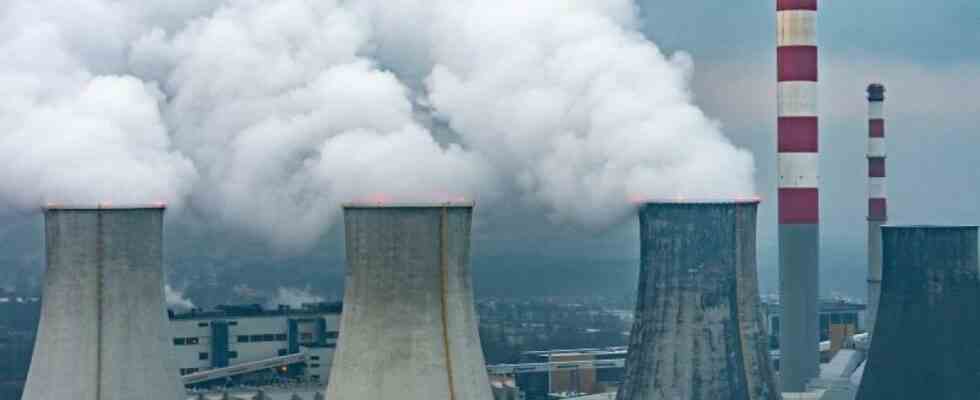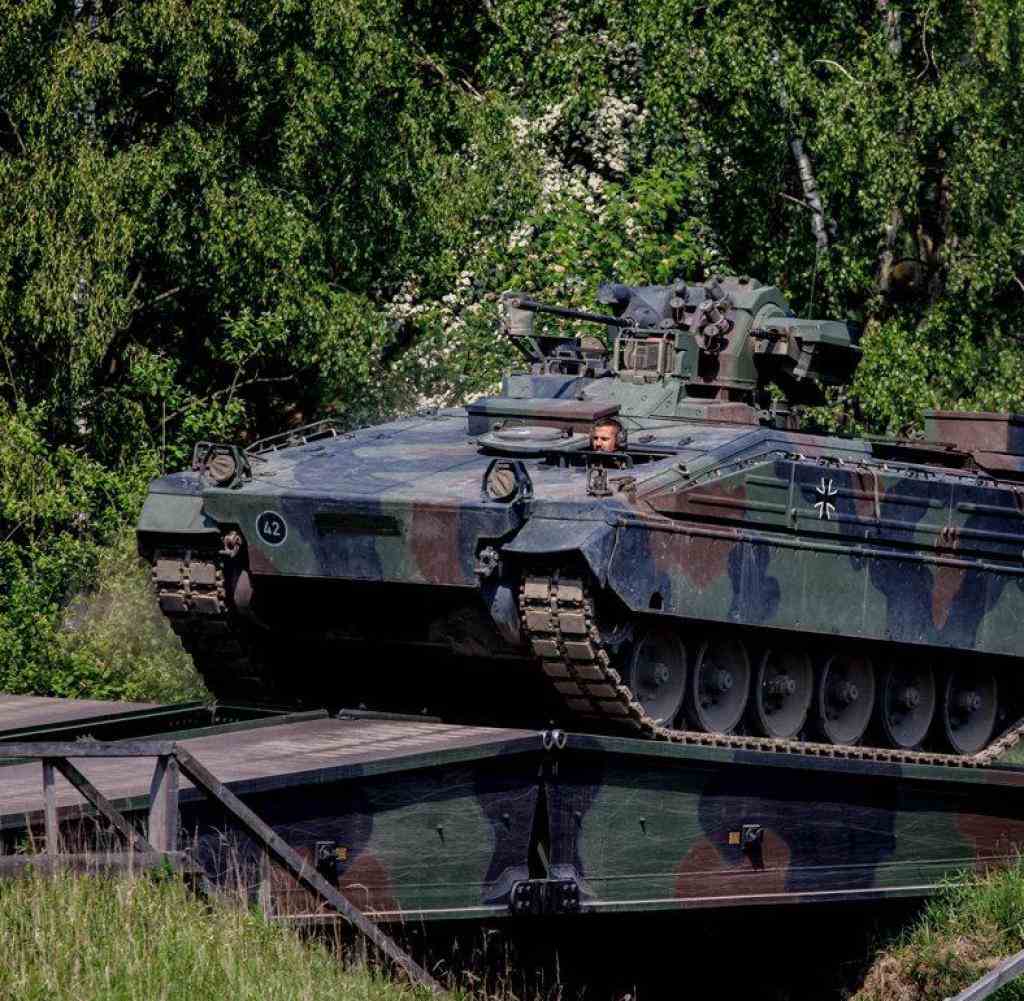EU before import ban on Russian coal, wood and vodka
EU wants to ban all coal imports from Russia
The European Union plans to ban all coal imports from Russia. The ban is to be part of the sanctions the EU is planning in response to war crimes committed by Russian troops.
The European Union wants to tighten its sanctions against Russia. With the ban on coal imports, the energy sector is to be sanctioned directly for the first time. Economics Minister Robert Habeck supports this, but does not want to give a date for the embargo.
WAgainst the atrocities of war in Ukraine, the European Union wants to impose sanctions in the energy sector against Russia for the first time: On Tuesday, the EU Commission proposed an “import ban on coal from Russia worth four billion euros a year”, as Commission President Ursula von der Leyen said in Brussels explained.
The import of wood, cement and alcoholic beverages such as vodka should also be prohibited. In addition, a port block for Russian ships and other trade restrictions are to be imposed. The 27 EU countries must now decide whether the sanctions will be imposed as proposed.
Von der Leyen explicitly named the violent acts in Bucha, Ukraine, that became known over the weekend as the reason for the far-reaching proposals. “These atrocities must not and will not remain without consequences,” said the German politician. Russia is waging a cruel war not only against the brave Ukrainian army, but also against the civilian population.
Habeck supports import ban
It is important at this stage to put as much pressure as possible on Russian President Vladimir Putin and the Russian government. In view of the recent events, the pressure must be increased. The sanctions would have to be even more comprehensive and severe so that they hit the Russian economy even more. The import ban on coal is intended to contribute to this. According to Von der Leyen, the EU imports Russian coal worth four billion euros every year. On Tuesday, however, she left open when the ban could apply.
Federal Economics Minister Robert Habeck (Greens) recently said that Germany would be free of Russian coal deliveries by the end of the summer. According to information from the German Press Agency, he supports the import ban in principle. It is in line with the line of the ministry to achieve independence from Russian energy imports segment by segment and step by step.
“We will talk to the EU Commission about how the whole thing can be reflected in a package of sanctions and what the other partners say about it,” Habeck explained to journalists in Berlin. In a briefing by the Ministry for the Economic Committee of the Bundestag, it was said that in the event of a short-term failure of Russian coal imports, individual power plants would be shut down after a short time.
Habeck did not want to comment on a possible date for a coal embargo. There is a coordinated path with the EU partners under the leadership of the EU Commission. “And I find it annoying enough that this path is being publicly trodden again,” said Habeck. “It’s wise to decide on a package and then do publicity, not do publicity first and then get into package negotiations.”
According to von der Leyens, part of the Commission’s proposal also includes a complete ban on transactions for four key Russian banks, including the country’s second largest bank VTB. The four institutes accounted for 23 percent of the market share in the Russian banking sector. Russian ships and ships operated by Russia are also to be banned from entering EU ports. There should be exceptions for the delivery of food, humanitarian aid and energy.
In order to further weaken the Russian economy, there are said to be further restrictions on trade with Russia with a volume of around ten billion euros. According to von der Leyen, these include quantum computers and means of transport. Products such as wood, cement and seafood worth 5.5 billion euros should also no longer be imported into the EU. According to the proposal, Russian companies may no longer participate in public tenders in the EU countries. In addition, other people close to Putin are to be included on the sanctions list. This means that they would no longer be allowed to enter the EU and any assets in the EU would be frozen.
According to von der Leyens, another round of sanctions could also limit or ban oil imports from Russia.


